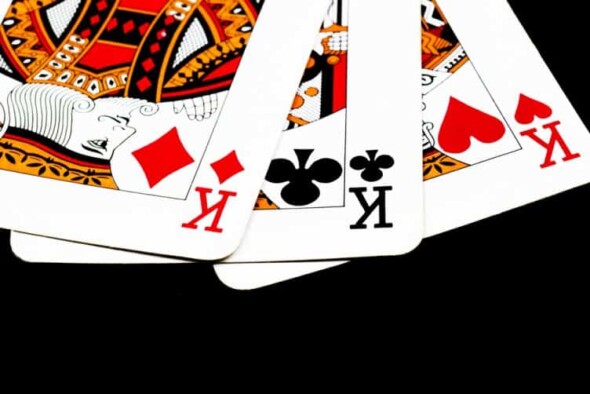What Kind of Game is Poker?

Poker can be a very intriguing game to many players, since it is game of both skill and luck. Requiring different skills and self-control, poker offers many people a way to test their own abilities and how they match against other players. There are many celebrity players who are well-known in poker circles, and rookie players are fascinated by their skills and achievements. Why is poker such an exciting game, and what kind of elements it consists of? Let’s dive into the world of poker to understand the nature of it better:
Basics of poker
Poker is a very well-known game that has made considerable progress since its beginnings. It didn’t take long for this game to become one of the most popular games to play in many cultures, and poker has tens of millions of players all over the world. Poker is played both at the live tables in casinos, card rooms and private games, as well as on online felts. Reviews of online poker sites written by professional poker players can be found on sites like BeastsOfPoker. The dream of becoming a poker professional has been around since Chris Moneymaker won the WSOP Main Event in 2003, qualifying from an online satellite and taking home a staggering first prize of 2.5M dollars.
A strategy game with psychological elements
While it hasn’t always been clear which factors deice the outcome of a poker game, both strategy and psychology are certain to play their part. Great poker players can adjust their strategy based on how their opponents play, aiming to take full advantage of their mistakes. You must know the math behind the game, as understanding odds of making different hands is essential when deciding whether to fold, call or raise. But math alone won’t cut it – poker is a card game played against other people, and that’s where the psychological aspect of the game kicks in. Some players are very passive and risk-averse, while others are aggressive and loose. Understanding their motives and behavior at the poker table can give you a significant edge.
The luck element in poker
Poker is different from many games, as it’s a game of imperfect information and includes a luck element. There is no luck element in chess, and as a result the best player always wins. That is why it would be nonsense to play chess for money against a better player: As an underdog you virtually have no chance to win. It is the element of luck in poker that makes less skillful players come back to try their luck again and see if they win this time. Luck is precisely the reason why games in poker run at all. In poker, the result of a single game session depends so much on luck that beginners win often enough that it makes sense to them to play again.
A common misconception eve many winning players have is how much you can increase your own chances of winning. Almost everybody has too high expectations regarding how often a good player should win. Even the best poker players only win about 50-60% of time they play. Therefore there can be many losing or winning sessions in a row depending on your luck. While an amateur tennis player has no chance to win in a Tennis Grand Slam, an amateur poker player can win a major poker tournament. If the advantage of good players was too large, recreational players would quickly lose interest in the game and would not come back to play.
Conclusion
Poker has many unique features that draws new players to try out their hand at the game. Each player has a different motivation for playing, and poker can teach you a lot about probabilities and human psychology. If you decide to try it out, don’t play with more than you can afford to lose – poker can be a fun experience as long as you play responsibly!





No Comments